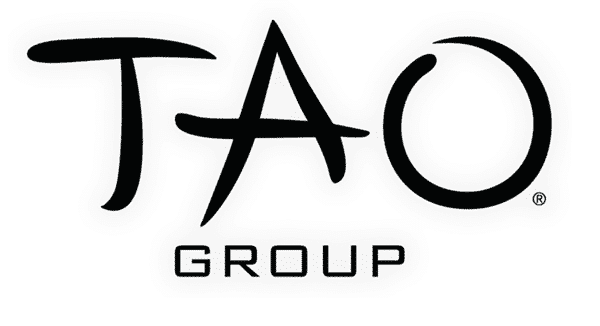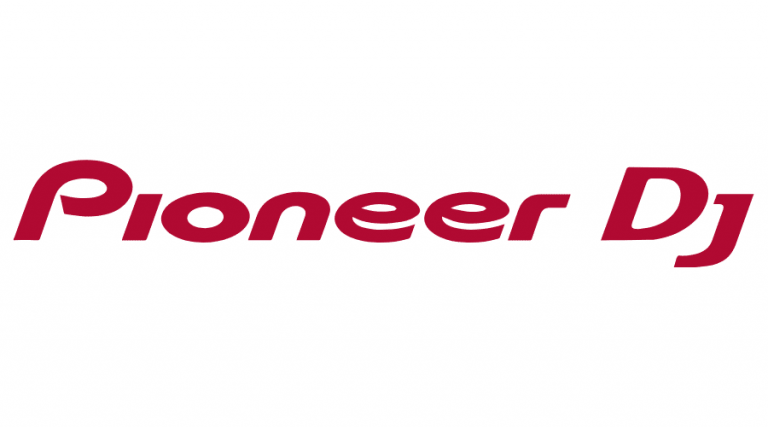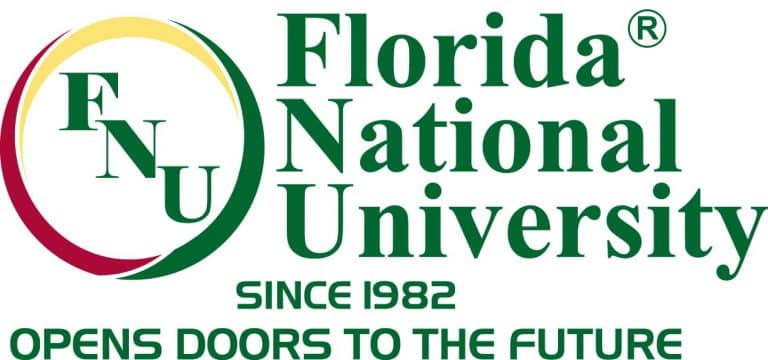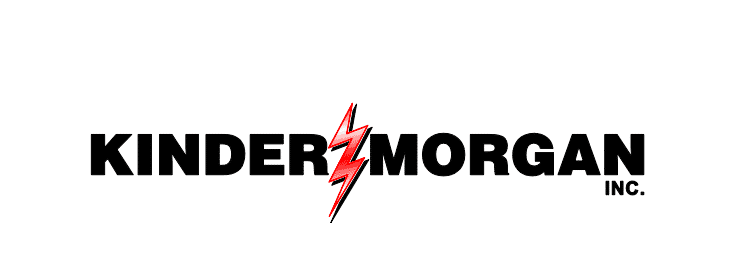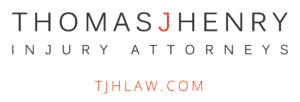
As we move closer to the dawn of Web3.0, the decentralized internet, businesses and digital marketers need to prepare for a fundamental shift in how search engine optimization (SEO) is approached. Web3.0 promises to revolutionize the way we interact with the web, offering more security, privacy, and control to users through decentralized networks and blockchain technology. In this article, we’ll explore what Web3.0 entails, how it differs from its predecessors, and what strategies you can implement to optimize your online presence for this new era.
Understanding Web3.0
What is Web3.0?

Web3.0, often referred to as the decentralized web, is the next evolution of the internet. Unlike Web1.0, which was a read-only web, and Web2.0, which allowed for read-write interactions through social media and dynamic websites, Web3.0 aims to create a more decentralized and user-centric internet. This new version leverages technologies such as blockchain, distributed ledger technology (DLT), and decentralized applications (dApps) to give users greater control over their data and online interactions.
Key Features of Web3.0

- Decentralization: Data is stored on multiple nodes across a network, eliminating single points of failure and reducing the risk of data breaches.
- Blockchain Technology: Ensures transparency and security through immutable ledgers.
- Semantic Web: Enhances the understanding and processing of web content through AI and machine learning.
- Interoperability: Enables seamless interactions between different blockchain networks and traditional systems.
- User Control: Users own their data and have greater privacy and security.
The Shift from Web2.0 to Web3.0
Differences between Web2.0 and Web3.0

- Centralization vs. Decentralization: Web2.0 relies heavily on centralized servers controlled by tech giants, while Web3.0 distributes data across decentralized networks.
- Data Ownership: In Web2.0, companies own user data, but in Web3.0, users retain control over their own information.
- Intermediaries: Web2.0 often requires intermediaries (e.g., banks, social media platforms) for transactions and communication. Web3.0 minimizes or eliminates the need for intermediaries through peer-to-peer networks.
Implications for SEO

The transition to Web3.0 will significantly impact SEO practices. Traditional SEO strategies, which have focused on optimizing for search engines like Google, will need to adapt to new paradigms. Here are some key areas to focus on:
- Decentralized Search Engines: As decentralized search engines gain popularity, optimizing for these platforms will become essential.
- Blockchain-based Domains: Websites on blockchain domains (e.g., .crypto, .eth) will need tailored SEO strategies.
- Data Privacy: With users demanding more privacy, transparent data practices will become a ranking factor.
- User Experience (UX): Enhancing UX through faster load times, secure transactions, and intuitive design will be crucial.
Strategies for SEO in Web3.0
1. Optimize for Decentralized Search Engines

Decentralized search engines, such as Presearch and BitClout, are gaining traction in the Web3.0 landscape. These platforms prioritize privacy and use blockchain technology to deliver search results. To optimize for these engines:
- Keyword Research: Understand the search behavior on decentralized platforms. Use tools specifically designed for blockchain-based searches.
- Content Quality: Focus on creating high-quality, relevant content that aligns with the interests of decentralized web users.
- Backlinks: Build backlinks from reputable sources within the Web3.0 ecosystem.
2. Utilize Blockchain Domains

Blockchain domains, like those on the Ethereum Name Service (ENS) and Unstoppable Domains, are decentralized and offer greater security. To optimize your website on these domains:
- Register Your Domain: Secure your blockchain domain early to establish your presence.
- Technical SEO: Ensure your website is accessible, fast, and mobile-friendly. Use decentralized hosting services to improve reliability.
- Content Optimization: Optimize your content with relevant keywords and ensure it is easily discoverable by decentralized search engines.
3. Prioritize Data Privacy and Security

With Web3.0, users expect greater control over their data. To build trust and improve your SEO:
- Transparency: Clearly communicate your data collection and usage policies.
- Encryption: Use strong encryption methods to protect user data.
- Decentralized Identity: Implement decentralized identity solutions to enhance user privacy.
4. Enhance User Experience (UX)

A positive user experience is critical for retaining visitors and improving search rankings. Focus on the following aspects:
- Fast Load Times: Use content delivery networks (CDNs) and decentralized hosting to reduce latency.
- Intuitive Design: Create a user-friendly interface that is easy to navigate.
- Responsive Design: Ensure your website is optimized for all devices, including mobile.
5. Leverage AI and Machine Learning

AI and machine learning will play a significant role in Web3.0 SEO. These technologies can help:
- Personalize Content: Deliver personalized content based on user behavior and preferences.
- Analyze Data: Gain insights into user interactions and optimize your website accordingly.
- Voice Search Optimization: Optimize your content for voice search, as it is expected to grow in popularity.
6. Engage with the Web3.0 Community

Building a presence in the Web3.0 community can boost your SEO efforts:
- Participate in Forums: Engage in discussions on platforms like Reddit and specialized Web3.0 forums.
- Collaborate with Influencers: Partner with influencers in the decentralized web space to increase your visibility.
- Create Valuable Content: Share your expertise through blog posts, videos, and webinars focused on Web3.0 topics.
Future-Proofing Your SEO Strategy

As Web3.0 continues to evolve, staying ahead of the curve is essential. Here are some tips for future-proofing your SEO strategy:
1. Stay Informed
Keep up with the latest developments in Web3.0 technology and SEO best practices. Follow industry blogs, attend conferences, and participate in webinars to stay informed.
2. Experiment and Adapt
Be open to experimenting with new SEO strategies and technologies. Test different approaches and adapt based on the results.
3. Invest in Education
Invest in educating your team about Web3.0 and its implications for SEO. Provide training and resources to help them stay current with industry trends.
4. Collaborate with Experts
Partner with SEO experts who specialize in Web3.0. Their insights and experience can help you navigate the complexities of the decentralized web.
5. Focus on User-Centric SEO
Prioritize user-centric SEO practices that enhance the overall user experience. By focusing on providing value to users, you’ll improve your search rankings and build a loyal audience.
Conclusion

The advent of Web3.0 presents both challenges and opportunities for SEO professionals. By understanding the key features of the decentralized web and implementing strategies tailored to this new paradigm, you can stay ahead of the competition and ensure your online presence thrives in the era of Web3.0. Embrace the changes, experiment with new approaches, and keep your focus on delivering value to users. With the right strategies in place, you can successfully navigate the transition to Web3.0 and build a strong, resilient SEO foundation for the future.










